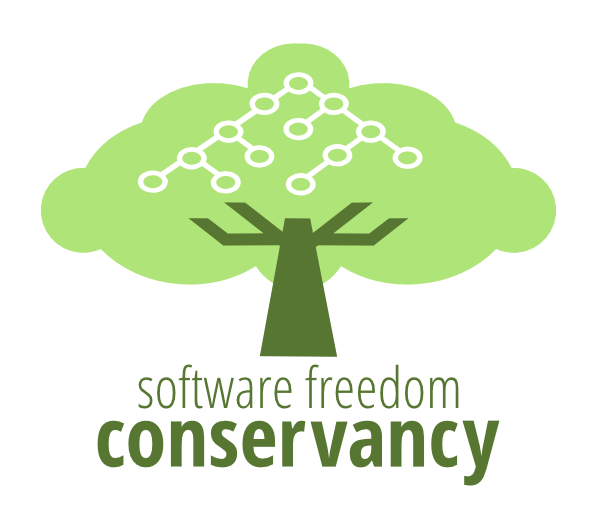Hiring and Paying Contractors
Whenever you want to pay people to do work for your project, you will need to have a contract with the person doing the work. We can help you with the language, but you should have a good understanding of what work you are paying for and the PLC will need to have agreed to spend the amount of money that you'll be paying the contractor. These conversations typically happen in our ticketing system using approvals@tix.sfconservancy.org. Feel free to share this page with your contractors so they also know what to expect once they start on your project.
Roadmap
Deciding what work to pay for
A project may choose to pay for (ongoing) work including but not limited to writing code, website design, creating materials, writing documentation or translation as long as it serves your project's mission. You cannot just pay people because they could use the money or fund work because a particular company would really like X feature. The project’s direction and priorities for paid work must be defined by the community and the work must already be on your project's road map.
Hiring
If you are planning to hire a contractor, please get in touch before you write the job description so we can make sure it's a good fit with your mission and our non-profit status.
It is important to be fair and not violate any conflicts of interest when choosing who to hire. We do not play favorites with people we know or are connected to. There are explicit provisions within the Conflict of Interest Policy regarding the hiring of PLCs for paid work.
Hiring a full time employee as opposed to a contractor can be possible with significant discussion.
Approval Process
Once you have a scope of work set, Conservancy will help you write up a contract for the work, so that everybody is on the same page as far as the work that is being done, plus how much money will be paid out and when.
Our policies dictate that we do not pay contractors more than $75 per hour without extra board approval, so please keep that figure in mind when negotiating project totals.
After the contract is signed by both the Executive Director and the contractor, our bookkeeper will reach out to the contractor with instructions on how to send us their W9 or W8-BEN as well as any other tax documents needed.
Paying
Contractors are expected to send us invoices, for the duration of their contract, to the accounts-payable@tix.sfconservancy.org email address.
With their invoice, contractors should also send a short description or bulleted list of work completed. This helps everyone stay in the loop as to what is being done, and can also be used by the PLC for briefings to their community as projects progress.
Invoices should be sent within 90 days of the end of the month (ideally within 30), each in a fresh email.
Net 30
Everyone who does work or incurs an expense at Conservancy is paid on "Net 30" which means we will pay folks within 30 days of receiving a request or invoice. In order to help us keep that promise, we ask payees to be clear and complete when documenting work or expenses. We may also have follow-up questions or require a bit of extra documentation so please keep an eye on your email once you've made a payment request.
Contract Renewals
Most Conservancy contracts for project work have a renewal clause enabling them to be renewed simply by the written agreement of all parties if there are no changes to the terms. When a contract is approaching expiration, you will generally be contacted through the approvals ticket by a Conservancy staff member asking if the PLC wishes to renew it, and for how long. If you agree to renew, the contractor will be asked if they want to renew, and assuming they agree and the project has sufficient funds, Conservancy will confirm its approval. However, if there are changes to the terms of the contract (e.g., a change in pay or hours), this will require either a contract amendment or (depending on the extent of the changes), possibly an entirely new contact. Please notify us as soon as possible if such changes are needed in order to give us enough time to draft a new document and have the contractor review the new terms before the old contract expires.
